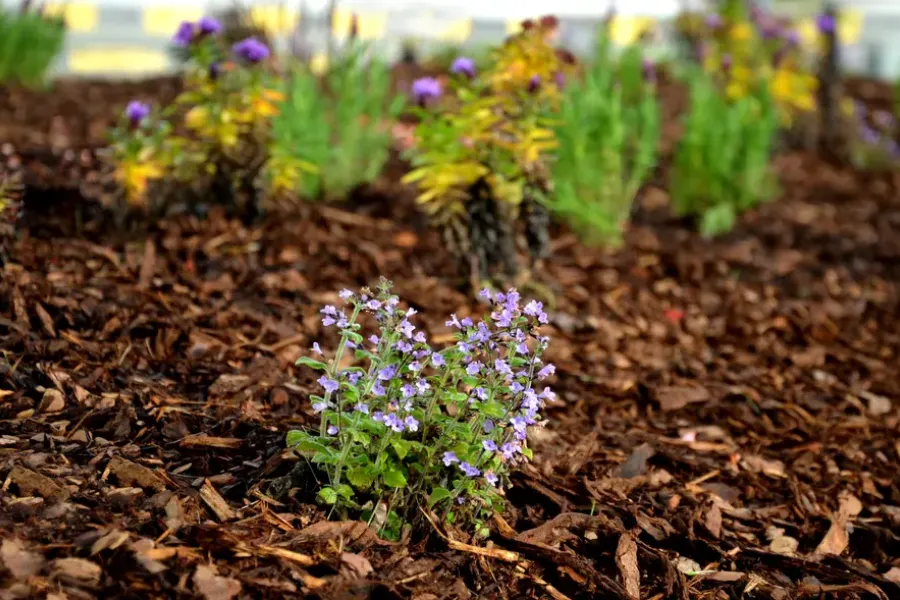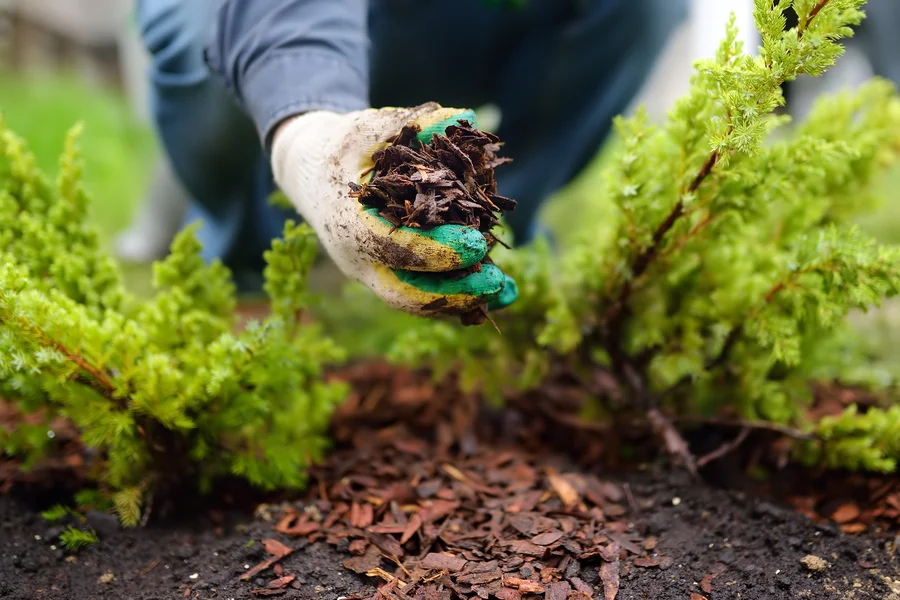Simple Steps to Keep Your Garden’s Mulch Lasting Longer
Keeping your garden healthy involves various practices, including the use of mulch. While mulching can enhance soil moisture and suppress weeds, it often decomposes faster than expected. This quick breakdown means you might be replacing it more often, leading to increased costs and efforts. Understanding how to slow down the decomposition process can save time and energy while keeping your garden looking vibrant.

Understanding the Importance of Mulch Longevity
A longer-lasting mulch provides several benefits for your garden. It helps maintain consistent soil temperatures and retains moisture, which is essential for plant health. Additionally, a stable layer of mulch reduces weed growth, meaning less weeding work for you. These advantages contribute to a thriving garden environment with minimal maintenance.
Factors That Cause Rapid Decomposition
Mulch decomposes quickly due to several factors such as excessive moisture, warm temperatures, and microbial activity. Organic mulches like wood chips and bark are particularly susceptible to rapid breakdown. The more nutrients present in the mulch, the faster microbes will work to decompose it. Identifying these factors is crucial in developing strategies to extend mulch life.
Selecting the Right Mulch Type
Choosing the proper type of mulch greatly affects its longevity. Opt for larger pieces such as bark nuggets, which take longer to break down compared to finer mulches like shredded leaves or straw. In addition, synthetic options or inorganic materials like rubber mulch last significantly longer than organic choices but may not offer the same soil benefits.
Applying Mulch Correctly
The way you apply mulch influences its lifespan. A layer of 2-4 inches is ideal; too thin won’t cover enough ground, while too thick invites moisture retention that speeds up decomposition. Spread the mulch evenly, and avoid piling against plant stems to prevent rot. Following these guidelines ensures that your mulch remains effective for an extended period.
Maintaining Optimal Conditions
Controlling environmental conditions plays a key role in prolonging mulch life. Ensure proper drainage to prevent excess moisture accumulation and consider using landscape fabric under the mulch for extra barrier protection. Regularly inspect the mulch layer for signs of decay and replace only what’s necessary.
- Ensure proper drainage around garden beds
- Lay landscape fabric before applying mulch
- Replace decayed areas selectively
Best Practices With Mulching Techniques
Mulching effectively requires integrating certain best practices into your gardening routine. For instance, regularly turning over the mulch once every few months aerates it and slows decomposition. Mixing different types of mulch can also balance benefits and durability. Such methods help maintain a healthier garden ecosystem.
Cost Considerations With Selecting Materials
The cost of mulching varies depending on material choice. Organic mulches are usually cheaper upfront but may require frequent replacement, adding long-term expenses. On the other hand, although pricier initially, inorganic mulches offer greater durability and reduce replacement frequency, potentially saving money over time.

Your Solution to Long-Lasting Mulch
If you’re looking to keep your garden flourishing without constant upkeep, I’m here to assist. Located in Pontiac, MI, I provide expert advice tailored to your gardening needs. Contact me at (248) 521-1028 to discover how Garcia's Landscaping LLC can help extend your mulch’s life while enhancing your outdoor space.